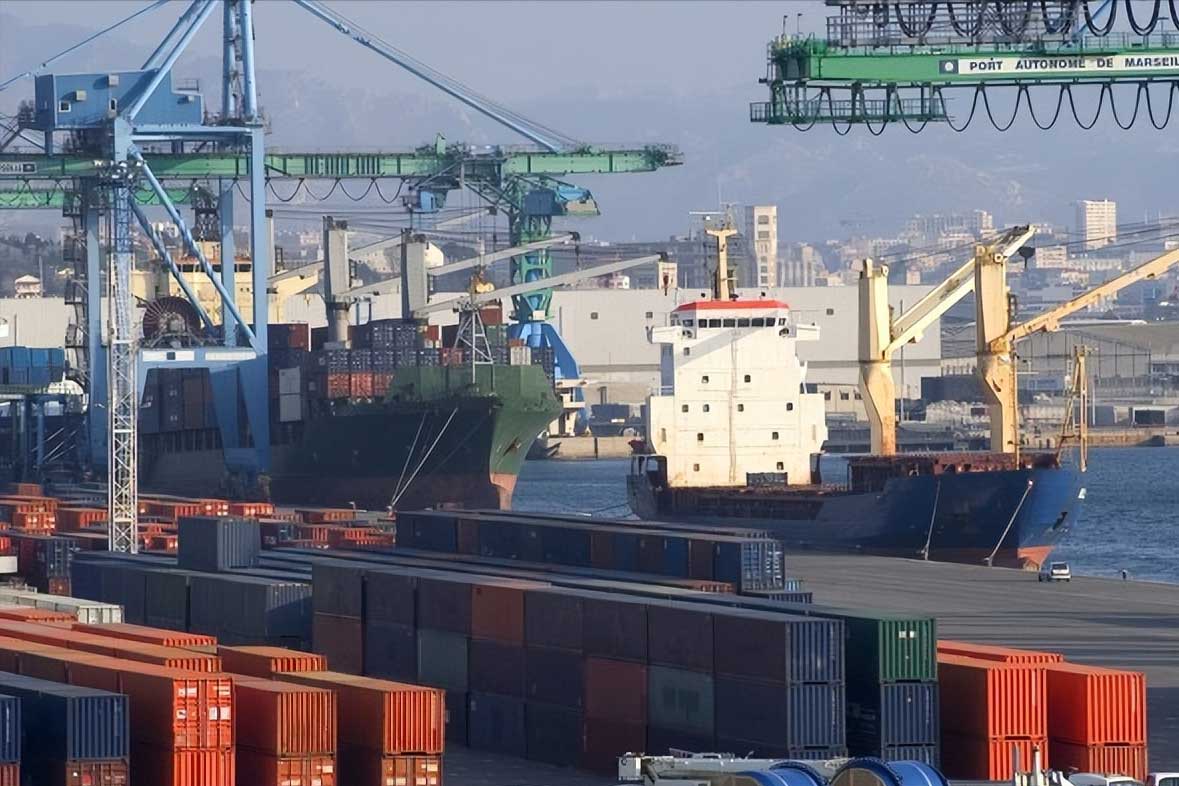
customs clearanceDocuments: The Secret Manual for Foreign Trade Imports and Exports
In the world of foreign trade, customs declaration documents are like the key to clearance—without them, goods cannot enter or leave a country smoothly. As a foreign trade professional with 20 years of experience, I deeply understand the importance of these documents and their critical role in the trade process. Today, I will share practical knowledge about customs declaration documents to help you better understand and prepare these documents, ensuring smooth clearance for your goods.
What are customs declaration documents?
Customs declaration documents refer to the various documents and certificates submitted during import and export trade.Customs declarationThese documents are not only the basis for customs to verify the legality of goods but also a necessary condition for smooth clearance. Common customs declaration documents include:
- Commercial Invoice
- Packing List
- Bill of Lading (B/L)
- Certificate of Origin
- Insurance Policy
- Import/Export License
Why are customs declaration documents so important?
The importance of customs declaration documents is self-evident. They not only determine whether goods can clear customs smoothly but also directly impact a companys reputation and financial status. Here are some key reasons:
- Legality Verification:Customs uses these documents to verify the legality of goods, ensuring compliance with the laws and regulations of the importing/exporting country.
- Tax Calculation:Customs declaration documents serve as the basis for calculating tariffs, VAT, and other taxes.
- Management of Risk:Accurate documents help companies reduce risks caused by errors or omissions, such as fines or cargo seizures.
- Logistics Efficiency:Well-prepared documents can speed up clearance and reduce cargo detention time at customs.
How to prepare customs declaration documents?
Preparing customs declaration documents requires attention to detail and patience. Here are some key steps:
- Understand Regulations:First, familiarize yourself with the relevant regulations and requirements of the importing/exporting country to ensure all documents comply.
- Collect Documents:Gather all necessary documents based on the nature of the goods and destination, such as commercial invoices, packing lists, and bills of lading.
- Verify Information:Carefully check all document details for consistency and accuracy, especially key information like product descriptions, quantities, and values.
- Regular Updates:Regulations may change, so regularly update and review your document preparation process.
Common mistakes and how to avoid them
Common mistakes in preparing customs declaration documents can lead to delays or additional costs. Here are some examples and how to avoid them:
- Inconsistent Information:Ensure all documents have consistent details, especially regarding product descriptions, quantities, and values.
- Missing Required Documents:Ensure all necessary documents are prepared based on the nature of the goods and destination.
- Outdated Regulations:Stay updated on the latest import/export regulations to ensure compliance.
Conclusion
Customs declaration documents are indispensable in foreign trade. Their preparation and accuracy directly impact clearance efficiency and operational costs. By mastering this knowledge, you can better navigate trade challenges and ensure smooth clearance. I hope this article provides valuable insights to help you succeed in foreign trade.


 Follow Customer Service WeChat
Follow Customer Service WeChat